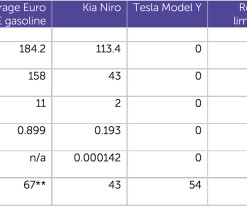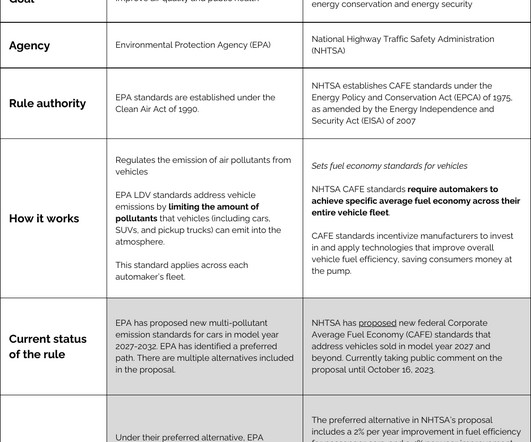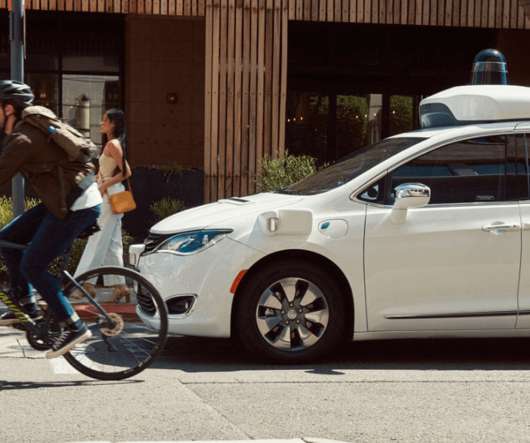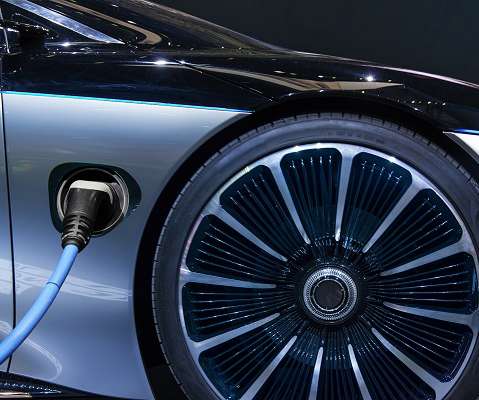Study finds all-electric rideshare fleet could reduce carbon emissions, but increase traffic issues
Green Car Congress
JUNE 23, 2023
Major ridesourcing companies Uber and Lyft have promised all-electric fleets by 2030 in an effort to reduce their carbon footprint. However, few studies have used real-world rideshare trip data in their estimates, or included additional assessments of air pollution and traffic impacts, from the switch.


































Let's personalize your content